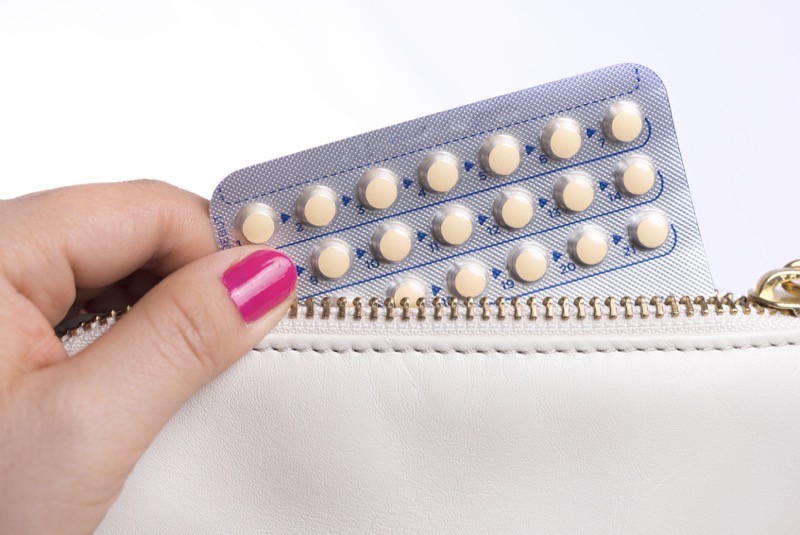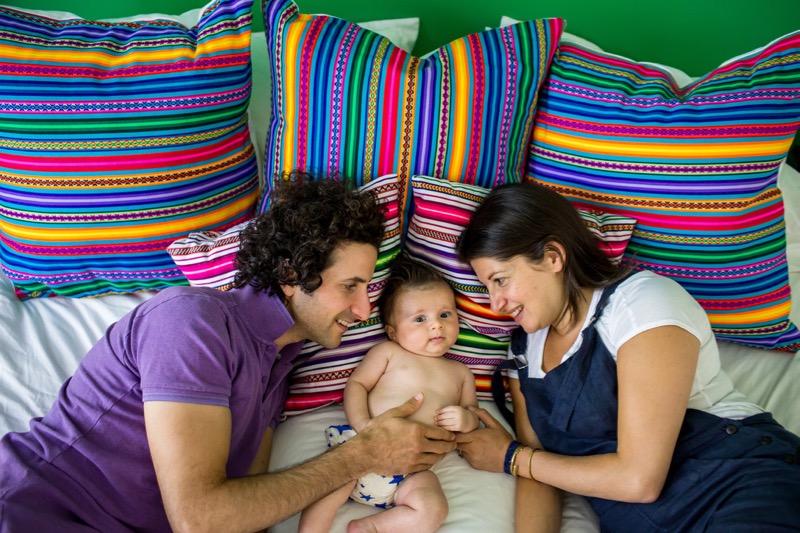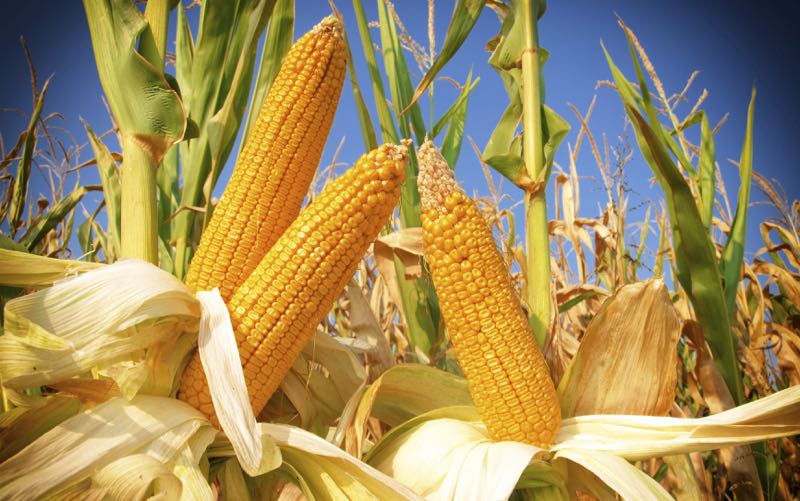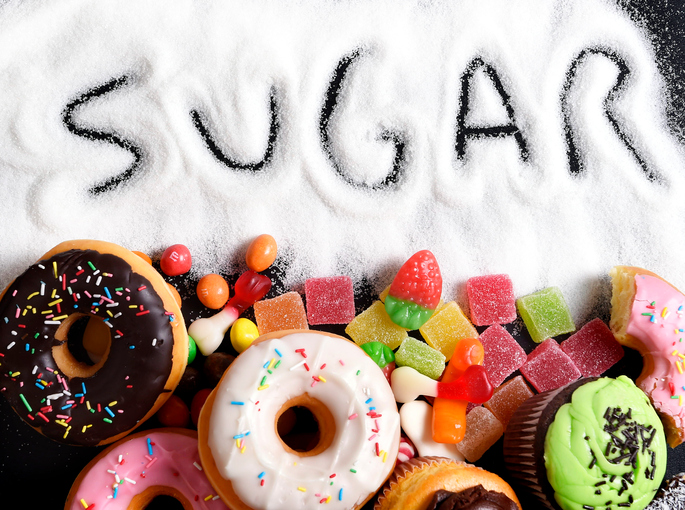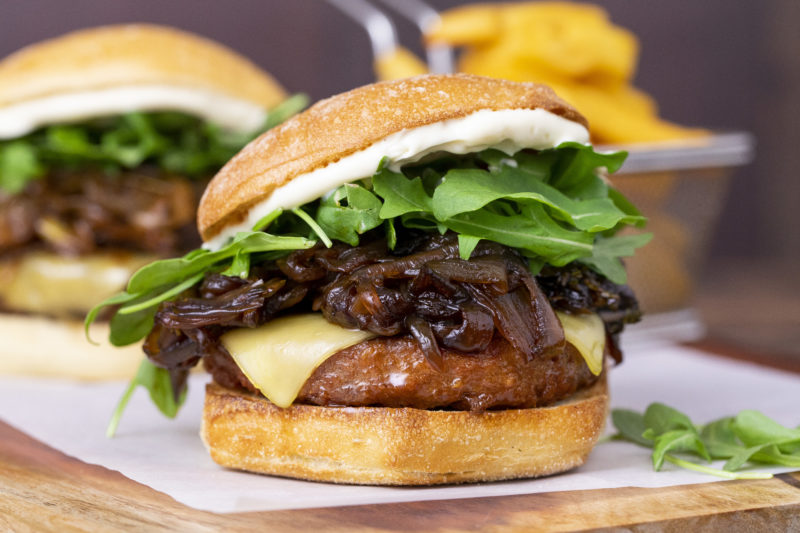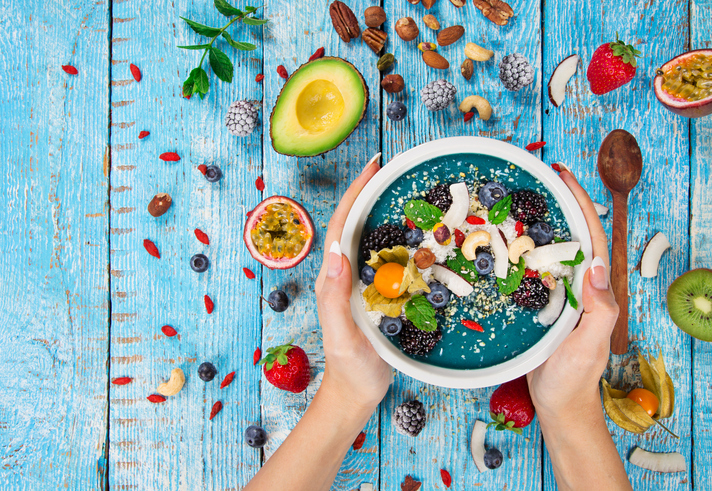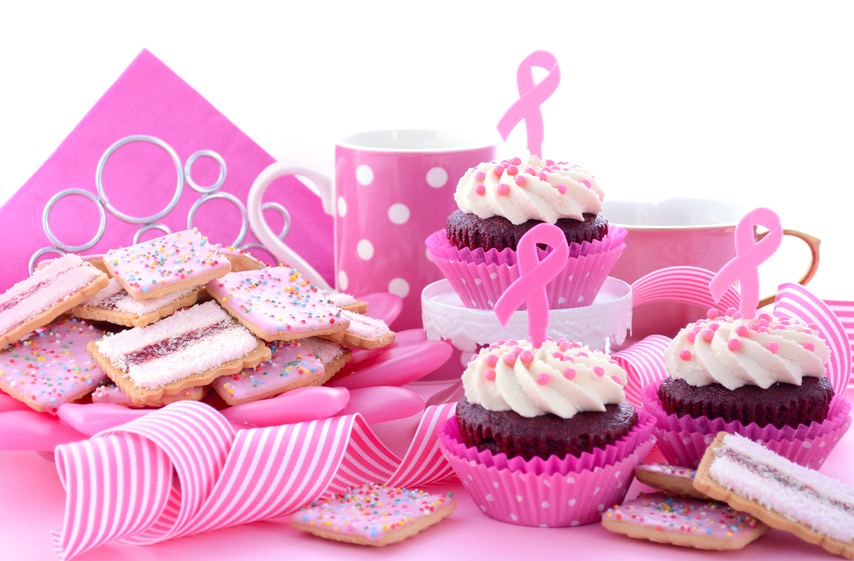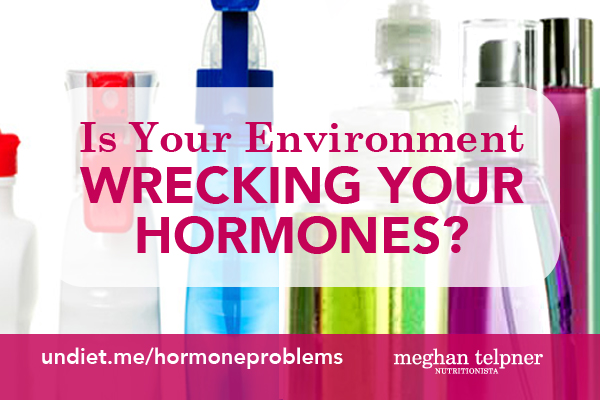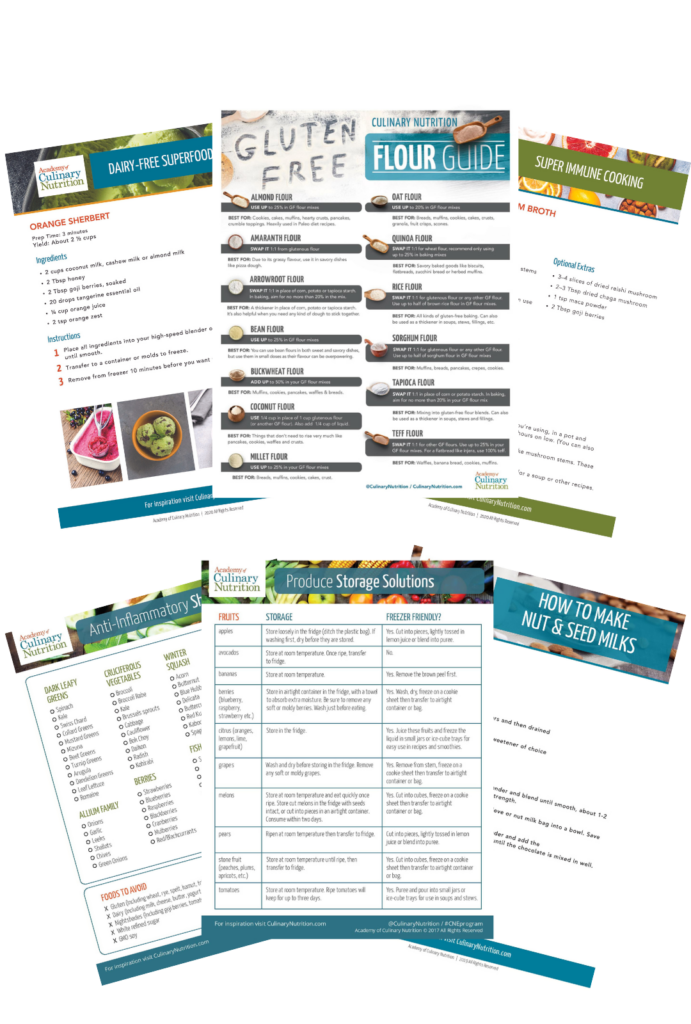On Being an “Irresponsible Health Expert”
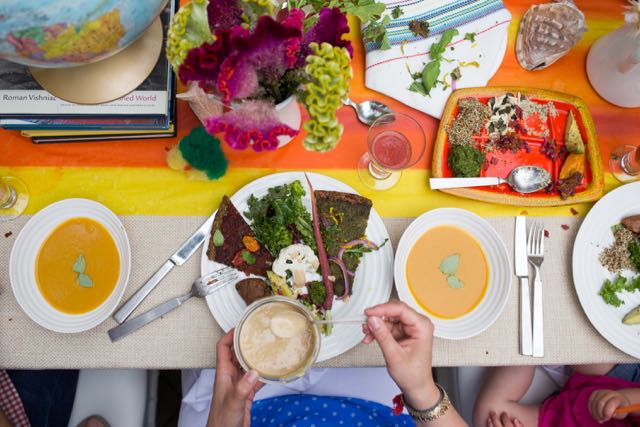
I get my fair share of hate mail. Mostly it’s from Arbonne sellers, Soylent drinkers, Nutella fans, and professionals in the medical/science world who challenge my stance on Ensure, artificial sweeteners and the birth control pill. When I signed up to share my opinions as a health expert on controversial topics or popular paradigms, I knew the hate mail was part of the deal.
There is always room for contradiction, and discussion that is constructive, helpful and insightful. I appreciate this very much. It’s always valuable to understand opinions and perspectives of those who come from a different understanding than us. This opens up the opportunity for a conversation and to learn.
And then there are the personal attacks, which usually involve quotes around my being a “nutritionist”, “health expert”, “cured” – things like that. These usually just cause me to have feelings of compassion. I imagine it would be tough to go through the day taking everything personally, wearing insult like a personality trait (“I’m insulted!”) and feasting on offence as if the world is out to abuse your sensibilities. More over, I imagine it’s also tough as an expert with extensive training in a specific area to see other experts express opinions that challenge the theories in which you were trained. Insult and offence is a choice – we can take it or leave it. For the first few years in this field, I would respond to these comments and emails, until eventually I realized this was a complete energy drain and a total waste of my time.
I was letting their darkness invade the light I work very hard to channel out in the world.
There is no point in defending oneself to someone who has already decided you are very wrong and taken your statements as a personal attack. These reactions are their stuff and has nothing to do with us. And so my team and I go by the mantra “forgive and delete”, and move on with our day. The trolls don’t need feeding.
With my new cookbook out in the world, I have embarked on a cross country media adventure and this invites new people into my world. It’s awesome! (And if you are one, welcome and you may wish to start over here!). And of course, with that also comes those people who didn’t actively choose to come into my world, but were maybe just driving in their car listening to the radio and there I was. A couple of weeks ago I had a syndication of interviews with CBC that were broadcast across the country here in Canada. I received amazing feedback and a very positive response, which was reflected both in notes of gratitude and a spike in book sales.
I also received this note from a doctor. I don’t know what type of doctor he is, I just know he made a point of signing is name with Doctor. For the purposes of this post, I’ll call him Doctor Steve.
I just heard your piece on CBC radio Saturday morning October 11, 2015. I find it frustrating when “experts” like you present some of your views as facts when these views are really just your opinion or theories. You mentioned a number of nutritional approaches for which there is no definite evidence – you mentioned them as if they were facts. I feel that “experts” have a responsibility to be clear about what is fact, what is opinion, what is theory….
We didn’t respond to Doctor Steve directly through email. There wasn’t much point. Instead, I thought I’d share my response with you. Because you matter to me. I am responding for the sole purpose that I am tired of people, you and me, being told our experience of life isn’t enough validation for the choices we make about how we live and eat, because the way we choose to do so contradicts the most recent studies, or most often, just isn’t the same as the person who is challenging us.
I would also like to state very clearly that I have never made a claim that one style of eating or one set of nutritional guidelines would absolutely heal, resolve, cure or treat anything. No one ever should.
In my radio interviews, I spoke about how conventional medicine couldn’t offer me a solution to cure me of Crohn’s Disease. I explained to the host that I took on a healing approach that included cutting out processed foods, gluten and dairy, and changing up my lifestyle habits. I went on to explain that I think the most impactful change I made was in my attitude. I shared my personal experience and the results: that I have remained 100% symptom free for nine years. That is fact. It’s also a fact that I am not the only one. Most people who have taken natural approaches to their health, to aim to ‘heal’ rather than wait it out for a ‘cure’, just don’t have a platform to share their story. There are millions of us.
A Changing Paradigm
As I see it, my opinion if you will, is that there is a huge challenge with our current medical paradigm. For something to be considered ‘fact’, it needs to be proven in a scientific study. We learned about the scientific method in grade school. You have a theory, a hypothesis, you create a method to test it, reducing or eliminating all variables except the one you are testing, and then you have the control group. You run your experiment and then assess the results. The gold standard in evidence based medicine is to have these studies show, beyond any doubt or error, that the variable being tested proved something beyond the control (or placebo).
The challenge with this method, however, is that not everything that works for our health can be distilled down and proven in this way. As well, as more and more chemicals enter our environment, the conditions we are dealing with are becoming increasingly complicated, common and unexplainable by peer-reviewed, double blind studies. We can’t control for everything when it comes to health and nutrition, especially as it relates to natural healing. See, healing isn’t the same as popping a pill and having all of your symptoms seem to disappear. Healing isn’t always measurable in the same way that medicine is. The cause and effect isn’t as clear cut.
Healing unto itself is a variable approach, something that can’t always be proven or replicated in a lab setting because what worked for you may not work for me. Most of all, a healing protocol may not pass that gold standard of double blind placebo studies because when we look at healing a whole person – not just eliminating the symptoms – each and every one of us will have varying results based on more than just the specific intervention itself. And likely, that protocol is going to shift and shimmy around as we continue tuning in.
Healing isn’t a single prong approach, popping a pill, and carrying on with things. To fully heal, we need to take into account our diet, for sure, but also:
- the quality of our sleep
- how much we’re moving
- our interactions with nature
- our interactions with each other
- our means of processing stress
- our levels of worry and anxiety
- blood sugar levels
- allergies and sensitivities
- toxic load in the body
- nutritional profile
- genetics
- our attitude about our health and about life
In short, we each need to design our own UnDiet approach to our health.
Real Food + Happiness Always Wins
I don’t ever like to get into the game of defending myself, however Doctor Steve did state that I gave nutritional advice where there is no definite evidence. Now, this accusation, I can only attribute to his ignorance of the field of nutrition. The only strict nutritional advice I ever give is to eat real food, that has as few chemicals in it and has had minimal processing, meaning nutrients were neither removed, nor synthetic versions added.
And here is evidence, a study that reviewed 400 studies:
The weight of evidence strongly supports a theme of healthful eating while allowing for variations on that theme. A diet of minimally processed foods close to nature, predominantly plants, is decisively associated with health promotion and disease prevention and is consistent with the salient components of seemingly distinct dietary approaches.
Katz, David, and SL Meller. “Can We Say What Diet Is Best for Health?” – Annual Review of Public Health, 35(1):83. N.p., 2014. Web. 16 Oct. 2015.
(There is of course also evidence of improvement of IBD with removal of gluten here and here, as just two examples.)
But even still, let’s for a minute pretend that there wasn’t any scientific evidence at all for eating real food. Let’s also pretend there are no scientific studies that have proven our thoughts, exercise routine, stress levels, relationships, cleanliness of our water, and exposure to toxins affect our health – wouldn’t we know this anyway? Isn’t it common sense that what we use to feed ourselves and how we live would either build health in the body or disease?
Is it really irresponsible of me as a health expert to inspire you to tune in to how you feel on a daily basis, and make lifestyle choices that promote your own health?
What’s the worst that can happen if we eat quality food, support sustainable community initiatives, move more, smile more, sleep more (if we need it), take in less chemicals, and pay attention not just to our food but to our lives? The worst that can happen is that nothing changes. Nothing at all.
But what’s the best that can happen from doing this?
The best is that we live a healthy and awesome life, enjoying the process as we dive deep into ourselves, become empowered with knowledge, and find fulfillment in the process of fuelling our lives.
Photo: Catherine Farquharson for The UnDiet Cookbook
Free Resource Library
Enjoy more than 40 downloadable guides, recipes, and resources.















